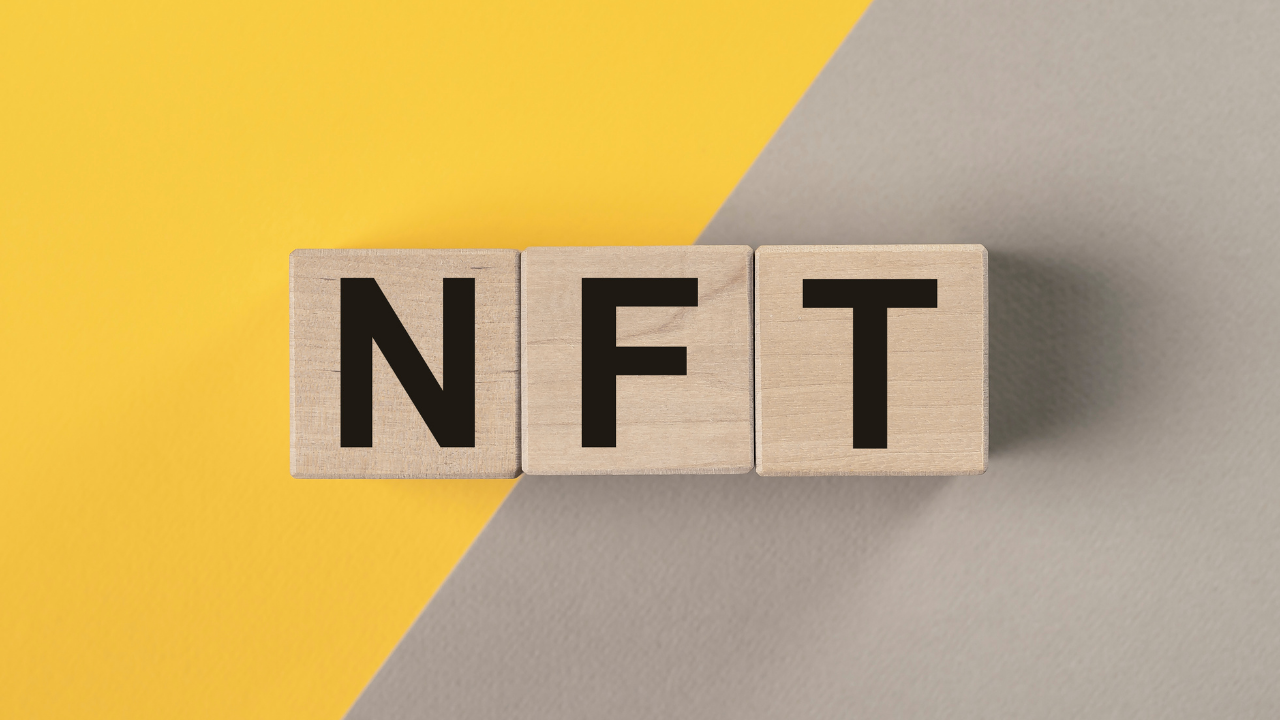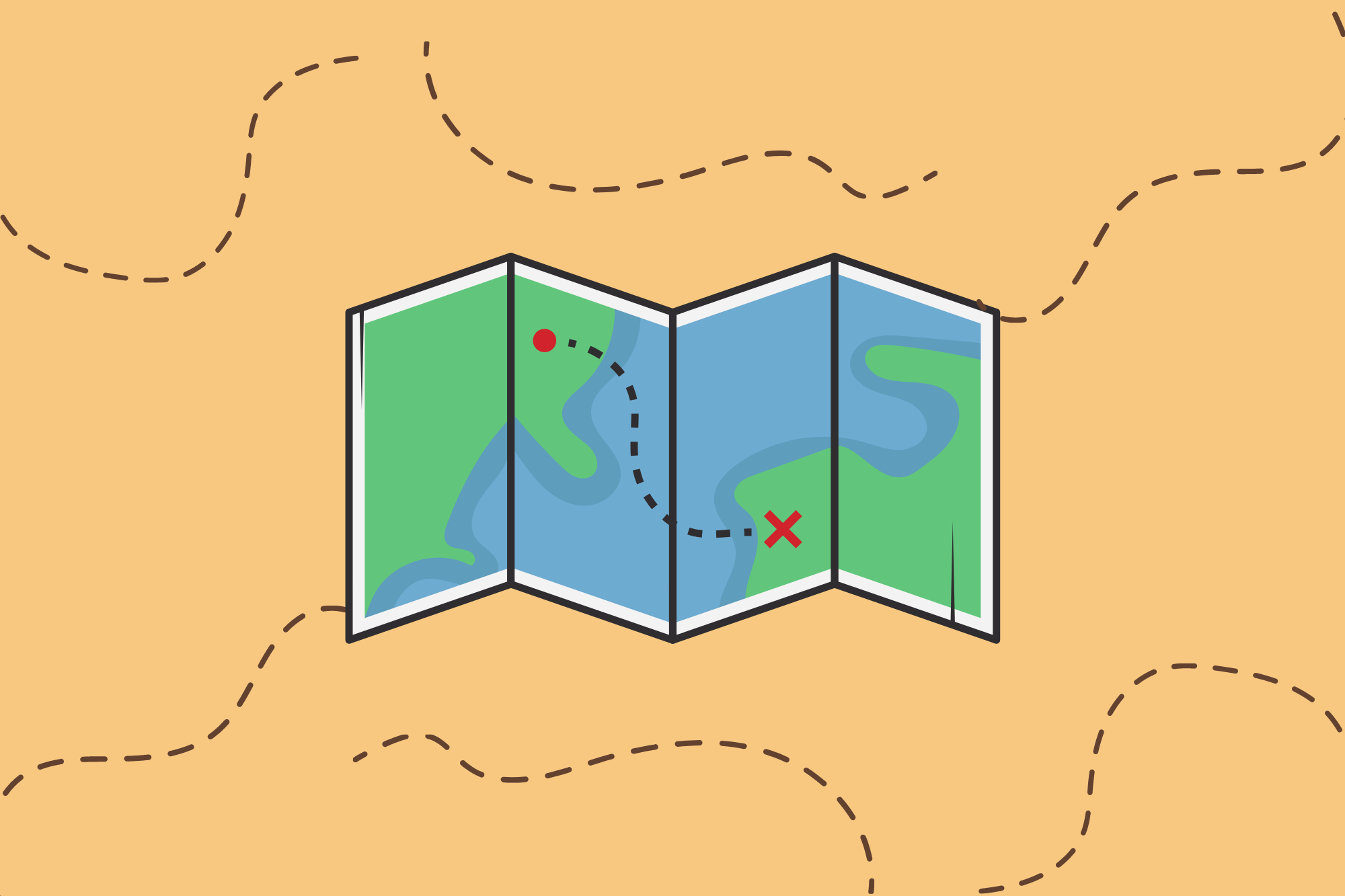I use Geohash all the time to store latitude and longitude inside a MySQL or SQLite database. If I'm using Postgres, Couch, or MongoDB, latitude, and longitude are first-class citizens, but I can't always use those databases.
Example
Here's a simple app example that theoretically publishes a geohash to a browser that then triggers Google Maps to plot.
<!DOCTYPE html>
<head>
<title>Geo Hash Example</title>
<script type="text/javascript" src="http://maps.google.com/maps/api/js?sensor=true"></script>
<script type="text/javascript">
var loadMap = function(){
var myLatlng = new google.maps.LatLng( <%= lat %>, <%= lon %>);
var myOptions = {
zoom: <%= zoom %>,
center: myLatlng,
mapTypeId: google.maps.MapTypeId.ROADMAP
};
map = new google.maps.Map(document.getElementById("map"), myOptions);
};
window.onload = loadMap;
</script>
</head>
<body>
<h2>Geohash: <%= geohash %></h2>
<div id="map" style="width:500px;height:500px;"></div>
</body>
</html>
/************************************************
* Title: Server
* Desc:
* Modified:
* Notes:
* GeoHash is an algorithm that interweaves lat,lng
* into a string that offers a unique ID. Since datastores
* don't have strong spatial indexing support, geohashes
* are the perfect solution.
*
* Special handling of proximity queries for points on
* the edge of a Geohas bounding box can be compensated for
* by doing lookups & queries of the surrounding Geohash
* bounding boxes.
*
* Example
* http://universimmedia.pagesperso-orange.fr/geo/loc.htm
* http://boundingbox.klokantech.com/
*
* //http://localhost:8080/34.03947,-118.26135
* //http://localhost:8080/9q5csuswqc45
* //http://geohash.org/?q=34.03947,-118.26135&format=url&redirect=0
************************************************/
var express = require("express");
var geohash = require("geohash").GeoHash;
var app = express.createServer();
app.get("/:id", onIndexHandler );
app.listen( process.env['app_port'] || 8080 );
function onIndexHandler( req, res ){
var hash = "";
var params = req.params["id"];
var arr = params.split(',');
//If coords were passed in, conver them to a hash
if( arr.length > 1 ){
hash = geohash.encodeGeoHash( arr[0], arr[1] );
}
//If a hash was passed in, keep it as is
else {
hash = params;
}
//Decode the hash
var latlng = geohash.decodeGeoHash( hash );
var lat = latlng.latitude[2];
var lng = latlng.longitude[2];
//In order to make use of the precision of the geohash, it can be used to control the inital zoom level of the map.
var zoom = hash.length + 2;
//console.log( lat, lng, zoom );
res.render( "index.ejs", {
layout: false,
lat: lat,
lon: lng,
zoom: zoom,
geohash: hash
});
}
Resources
Subscribe to new posts
Processing your application
Please check your inbox and click the link to confirm your subscription
There was an error sending the email



